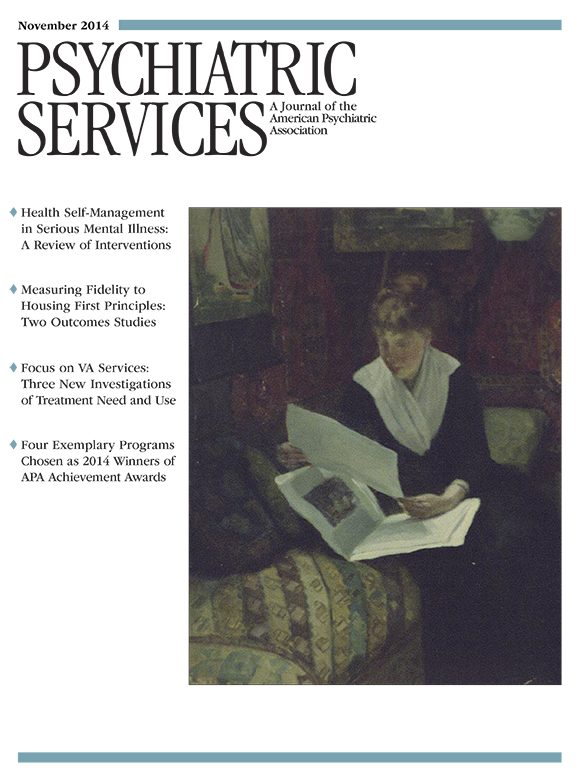Family involvement in mental health services improves child outcomes, but many barriers to family engagement exist. Tiburcio Vasquez Health Center, Inc. (TVHC), a federally qualified health center serving a primarily Latino population in California’s San Francisco Bay Area, piloted from 2010 to 2012 a family partner integration program for Medicaid-eligible children receiving mental health care to increase family participation in care.
Family partners are family members (parents and extended family) who have utilized the children’s mental health system or related systems (educational, developmental services, and legal) and been trained to work in community mental health provider offices. Their lived experiences complement and help contextualize the clinical experience offered by TVHC’s trained providers. Their role is to support families to overcome barriers to mental health services, including supporting them as they navigate multiple systems, empowering them to understand and advocate for their rights, and providing a “family voice” at provider meetings and across the system to discuss treatment planning and service delivery.
We conducted two focus groups and informal interviews with agency staff and reviewed semistructured journal entries completed by the family partner, the family partner supervisor, and other agency staff—including mental health clinicians—to understand the successes and challenges of our family partner integration program over the course of its first two years.
As expected, the family partner was active in parental education and support, family advocacy, making referrals to community services, delivering appropriate cultural and linguistic support services that complemented the existing clinical services, making regular home or school visits (or both), and being a positive role model.
Families felt supported and empowered by the family partner, especially with similarities in language, culture, and life experience. Personally identifying with the family partner appeared to be extremely important. This connection led families to feel more comfortable telling their family partner about personal issues and the barriers to service they experienced, which led to identifying strategies to overcome these barriers. This in turn led to greater service use and to better meeting basic needs. Notably, gender appeared to play a role: TVHC’s family partner was male, which led him to connect especially well with clients’ fathers, leading to fathers’ increased understanding of how to be even more supportive of their children, including supporting mental health promotion. In some cases, this led to increased paternal attendance at and participation in therapy sessions.
Clinicians built more trusting and meaningful relationships with both family members and the family partner. One mental health worker described how she and the family partner were “working together to support the needs of the parent and the children” and that they “supported each other and the client and family, but in different and coordinated ways.”
However, challenges exist. Family partner buy-in varies by provider, and roles need to be further clarified between some agency providers and family partners. Although clinical providers and family partners attempt to collaborate, there can still be domain-specific vocabulary and content that requires translation; taking time in meetings and discussions to ensure that everyone is on the same page requires additional time but appears to be necessary for full integration of family partners in the clinical setting. It is also difficult to capture the family partner’s wide-ranging role and responsibilities in documentation used for billing purposes, which is crucial to the initiative’s sustainability and potential for scaling up. An external Substance Abuse and Mental Health Services Administration grant currently funds TVHC’s family partner program, but more sustainable sources of funding must be identified for further implementation and expansion.
Integrating a family partner into a health care agency appears to positively impact client, family, and provider outcomes. Families felt decreased stress and increased empowerment regarding their children’s mental health needs, and some fathers became more involved as well. Clients received more clinical and community-based services, as appropriate. Providers reported decreased stress and increased support and felt better able to holistically serve their clients’ needs through teamwork and activities complementary to the family partner.
The family partner model operationalizes the values of cultural competence, humility, and family-driven care in the early childhood mental health system of care. One of the strengths of the family partner model is that it cuts across many different service domains; however, this virtue also makes it more difficult to fund in an increasingly siloed fee-for-service setting. We recommend seeking opportunities for blended or braided funding to be able to initiate and sustain family partner programs.

